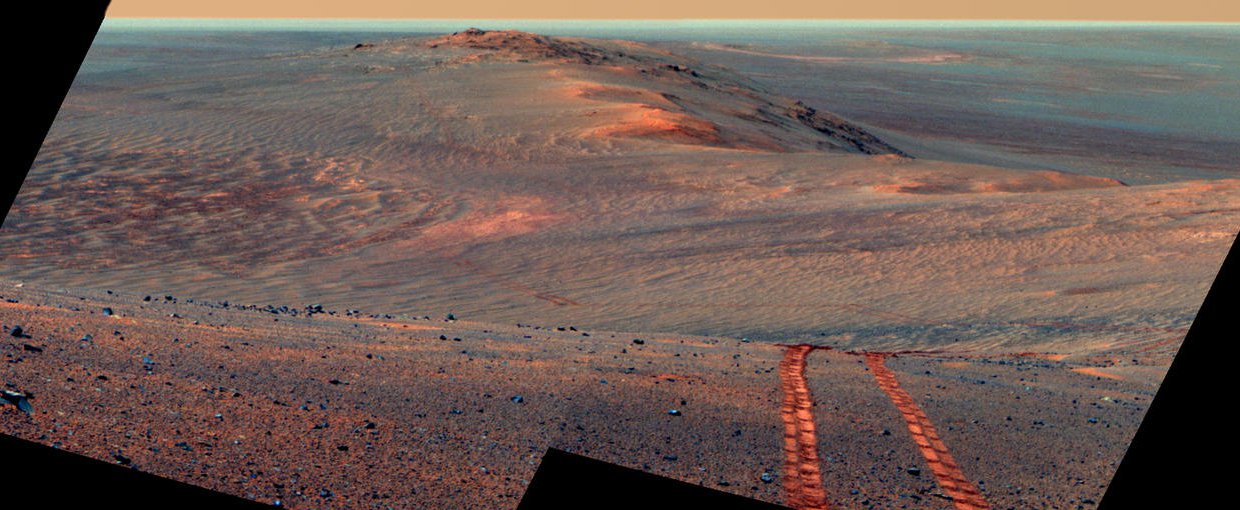2022 AbSciCon Creative Science Writing Contest
First Place in Poetry
“Martian Melody” by Lydia Kivrak
Listen closely -
on geologic timescales, you see,
Mars is actually quite noisy.
It’s mostly the wind
holding this planet tightly
singing a constant low undulation
punctuated with the short sharp shrieks
of a week-long
global cacophony of dust.
More subtle is the grit of sand
chafing and smoothing larger rocks
like clenched teeth
grinding down enamel.
The occasional staccato clicks and clacks
of boulders breaking
is quiet
compared to the loudest sound:
the rare explosion of an impact
rumbling far through the ground.
Once, there were other noises:
the rush of gurgling streams
the lap of water on a lakeshore
gentle bubbles of volcanic mud
violent crashes of water breaking
through walls of ice
and, perhaps,
something quieter-
the subtle vibration of molecular bonds
the tiniest zap of a redox reaction
the imperceptible splash of a swimming microbe
maybe even
the occasional squelch
of life.
Some say, if you press your ear to the ground,
you can still hear them-
dancing
in the last hidden pools.
Lately,
for the first time in billennia
new sounds have been resonating
through still cliffs.
Mechanical, metallic movement,
clicks and beeps
wheels crunching rock
an engine humming,
harmonizing with the wind.
The sounds of unpacking a toolkit:
a drill-bit, a laser
a microphone.
And perhaps the wind is singing
joyfully
because after an eternity of song
for the first time,
someone hears.
For the first time, on Mars,
there are ears.
2022 AbSciCon Creative Science Writing Contest
Updated: October 5, 2022

